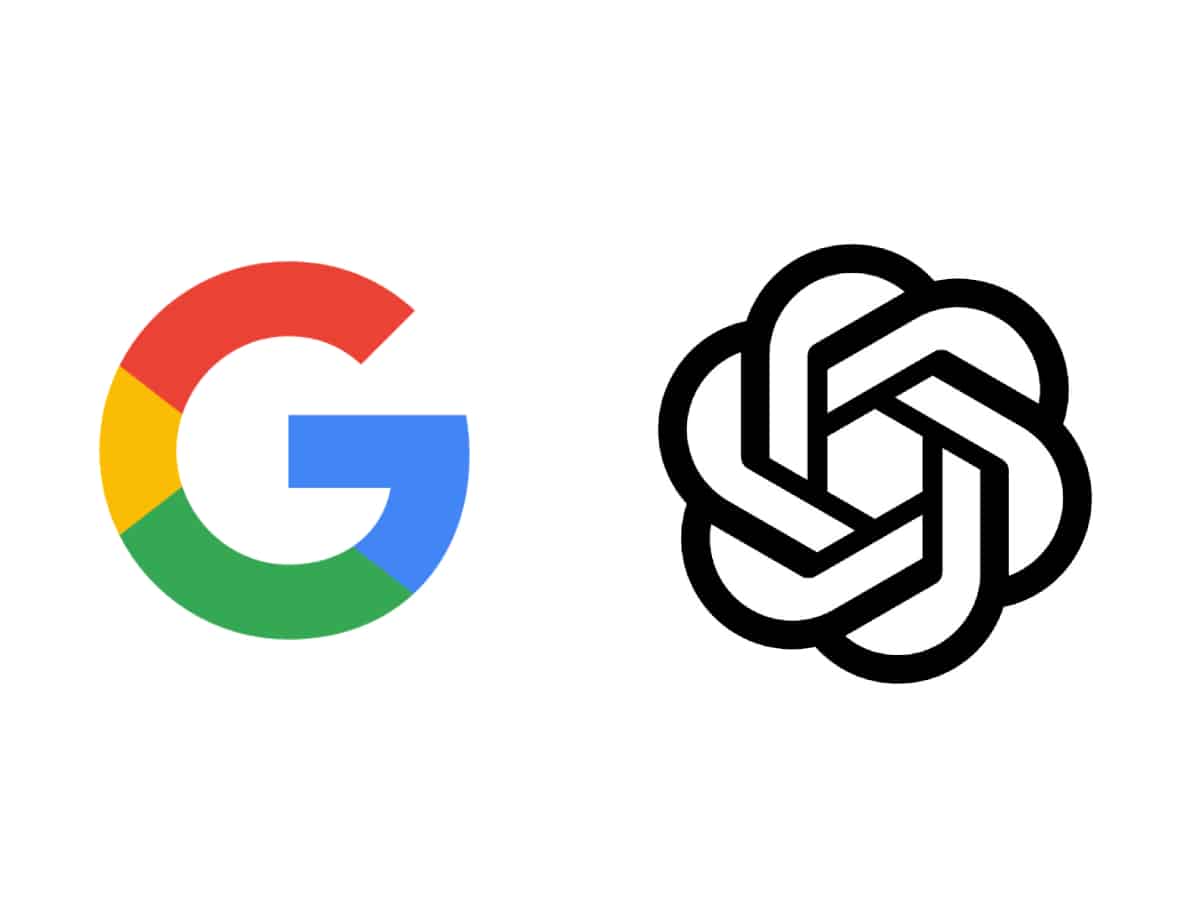Google denies former employee's claim of Bard using ChatGPT data for training
2 min. read
Published on
Read our disclosure page to find out how can you help MSPoweruser sustain the editorial team Read more

NEW: Prominent Google AI researcher resigned after warning Alphabet CEO Sundar Pichai and other senior execs that Bard—Google’s rival to ChatGPT—was *using data from ChatGPT*.
Big no-no in that world. https://t.co/a5NeclJPK5 w/ @jon_victor_ pic.twitter.com/YEZqEqpzPS
— Amir Efrati (@amir) March 29, 2023
Bard’s error during its initial demo seems to be embarrassing enough for Google. However, a recent revelation put the search engine giant into a new low. According to The Information, one of Google’s former employees resigned after divulging a concern about the Bard team seemingly using ChatGPT data. Google denied the claim but didn’t clarify if it had ever employed any form of ChatGPT data at any point in the past.
OpenAI” s ChatGPT is a huge threat to Google’s dominance in the search market. To address the situation, The Information shared the surprising team-up of Google’s Brain AI group and DeepMind, a subsidiary of Alphabet Inc., for a so-called “Gemini” project despite rivalry issues. Nonetheless, this is not the main highlight of the report: it’s the alleged usage of ChatGPT data used to train Google Bard.
The claim was from a former employee named Jacob Devlin, who shared the situation with Alphabet CEO Sundar Pichai and other executives and expressed that it violated OpenAI’s terms of service. According to the report, Devlin said the Bard team “was training” the model using ChatGPT data from ShareGPT, where users publish their chat sessions with OpenAI’s creation. The report says “some Google employees” sided with Devlin’s belief about the violation and that the company stopped the practice after the warning. Devlin then quit the team to join OpenAI.
When asked about the issue, Google quickly denied Devlin’s claims. “Bard is not trained on any data from ShareGPT or ChatGPT,” Google spokesperson Chris Pappas told The Verge. Nonetheless, the company reportedly refused to answer when asked whether it had ever employed any ChatGPT data in the past.








User forum
0 messages